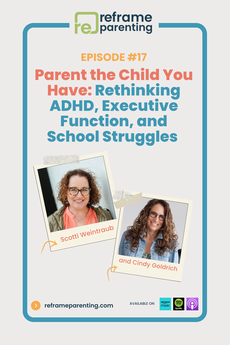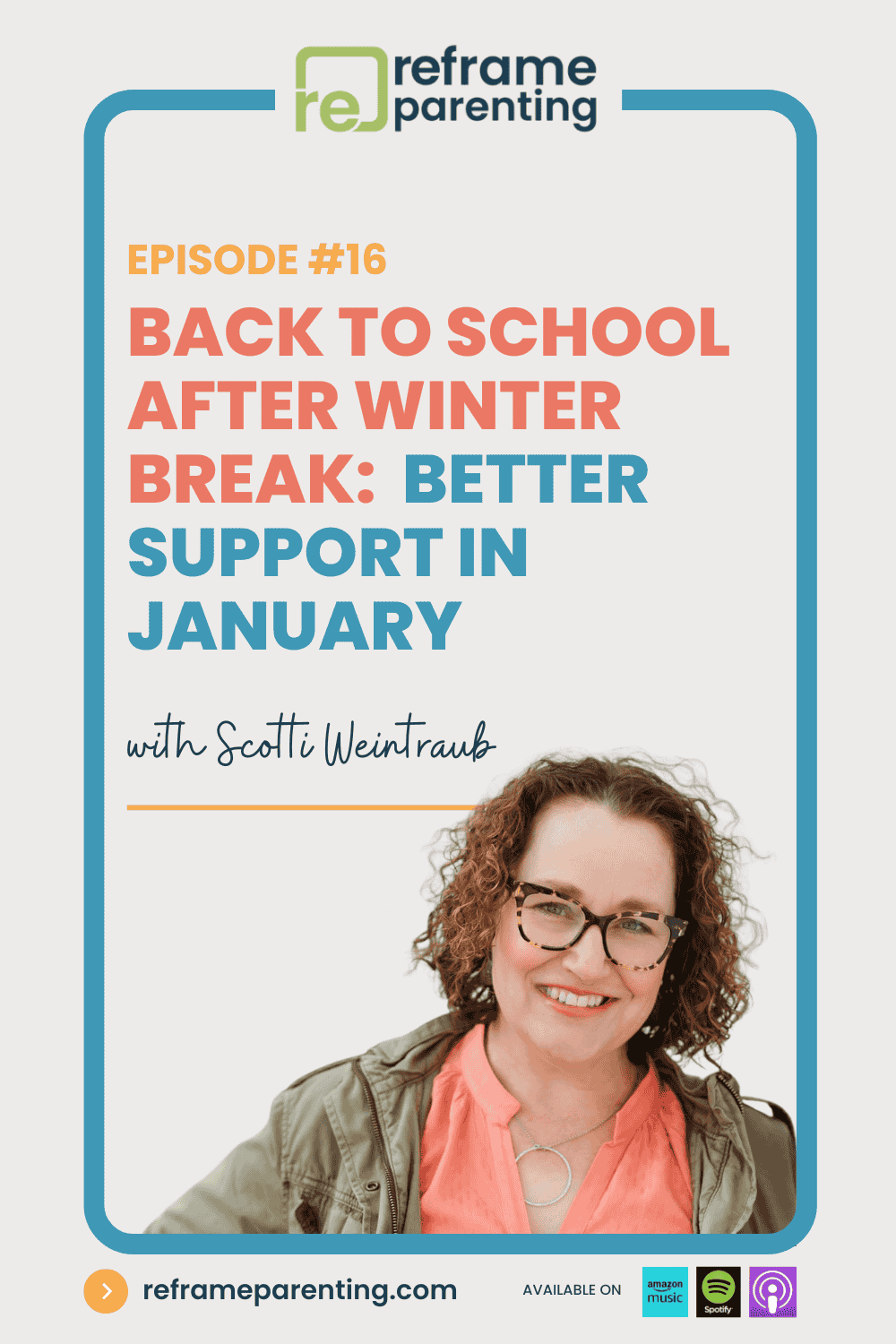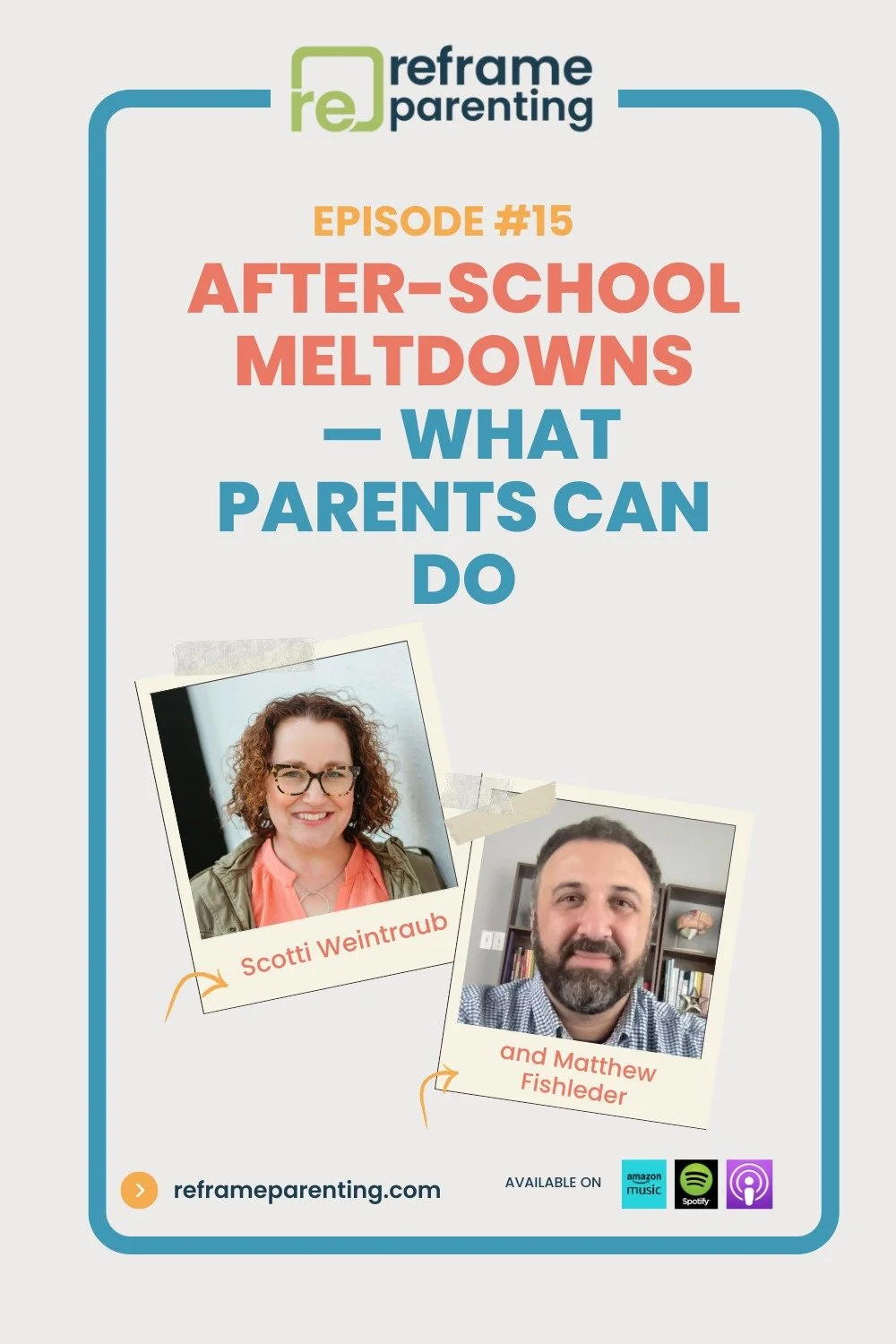Why can’t teens follow through? It may be because of their brains
The teenage brain is a conundrum.
During this time period, there’s so much happening inside of their brains that it’s almost amazing. The brains of teens (and when I say “teens,” I’m referring to anyone between the ages of 10 and 25) are growing and changing at a drastic rate, far more than at any other time in their lives. So with all of this amazement happening, why is it that we, as adults, want to say over and over again to our teens, “what is wrong with you?!?”
I pondered this conundrum and had these thoughts about the teenage brain when I first started to study it a few years back. At work, I was a high school teacher and then a high school administrator. At home, I was a stepmom to two kids who were just entering the teenage world. So much was going on and I felt like I knew so little.
As a result, I started to read and devour as much information on the teenage brain as I could. And one of the coolest things I learned, and something that shifted how I look at teenagers forever, is the giant disconnect between the overcharged, super-developed, constantly growing and changing emotional part of their brain and the underdeveloped, and severely lacking in growth thinking part of their brain.
The emotional vs. the thinking part of the teenage brain
The emotional part of their brain is found in their limbic system, where the hippocampus and amygdala are growing at a rapid pace during the time period. This is why most people who work with teenagers or who have teenagers at home know that there are times when they may freak out over the smallest of things, have rapidly changing mood swings, or can appear even apathetic or depressed at times.
At the same time that this is happening, the prefrontal cortex, the part of the brain right that is responsible for organization, executive functioning, risk analysis, and the concept of long- and short-term consequences is developing literally at a snail’s pace. This is why teenagers can struggle to complete a task that has multiple steps, or remember to put their laundry away, or consider the consequences of not completing homework or forgetting to hand in an essay. The disconnect between the overgrown emotional brain and the barely started thinking brain is one of the reasons why teens are just the way they are: complex and sometimes hard to understand.
So what does that mean for us, the adults in their lives who are tasked with helping keep them alive and well during this time?
For starters, we have to stop saying or thinking things like “how come they don’t know/can’t do/keep doing that?” They don’t know/can’t do/keep doing “that” because their brains don’t yet have the skills. Plain and simple. Teens need adults who can practice patience with their teens, who can calmly redirect behavior and misbehavior, who can teach skills (even if teaching those skills means repeatedly teaching them over, and over again …), and who can listen more than they talk. Teenagers need to know that the adults in their lives hear them, can offer insight and skills, and respect that this time in their lives is about growth, making mistakes, and figuring themselves out.
And let’s face it: being a teenager is always hard, but I don’t think anyone will argue that being a teenager in 2024 is way harder than it was growing up as a teen 20 and 30 years ago. In 2024, teenagers have struggled through a global pandemic, been exposed (or overexposed) to media of all kinds, have lived through multiple international and domestic conflicts, and are dealing with a planet that seems to be getting warmer by the day.
Let’s cut them a little slack and use our knowledge as adults - with fully developed brains - to help them become the best young humans they can be.
Guest post
Jennifer Otte is a school administrator and the founder of The Teenage Brain Thing. For more information on all things “the teenage brain,” head to her website and follow her on Instagram.








